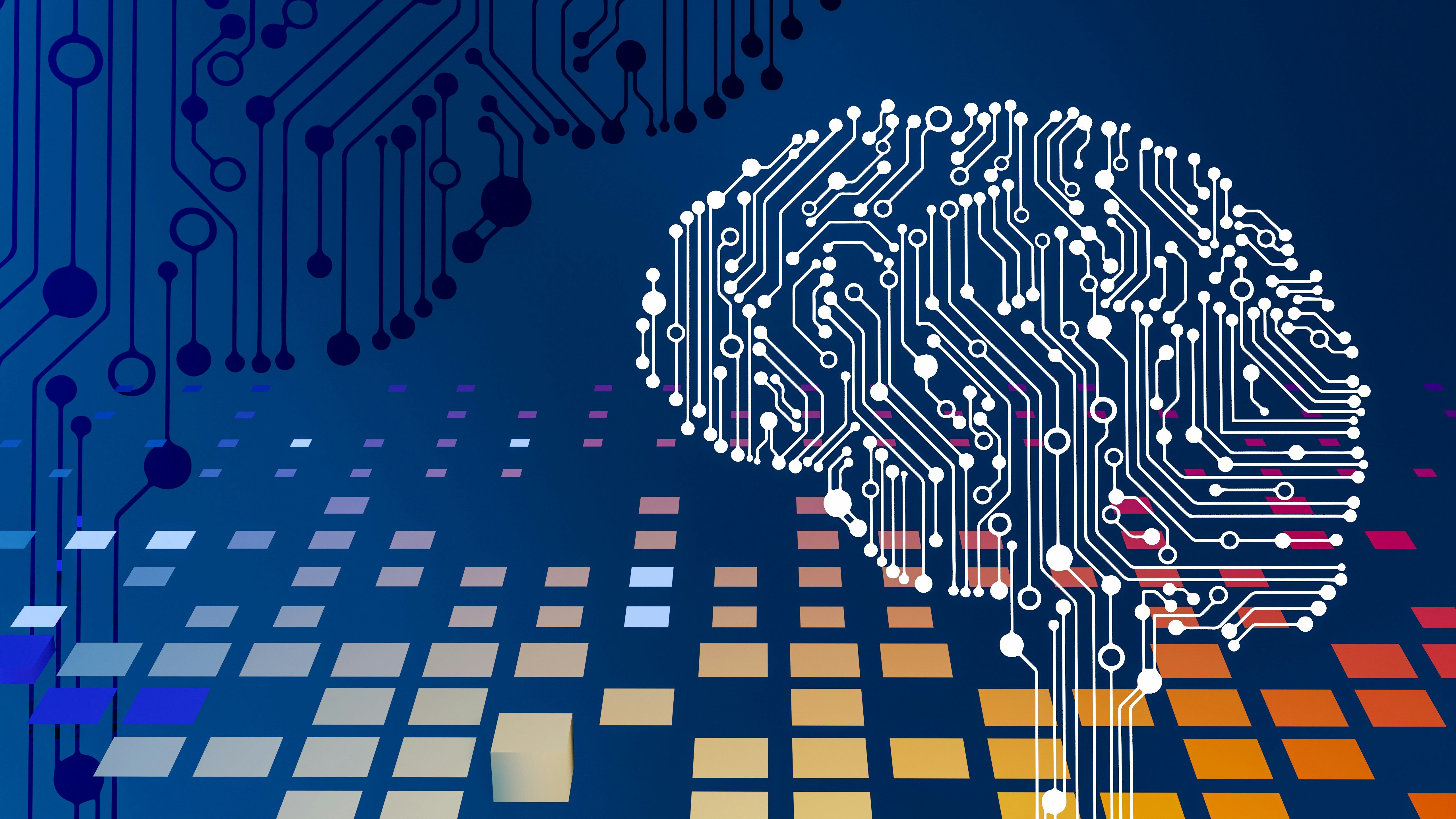
Decentralized AI: A New Era for Accessibility and Collaboration
The launch of The Thames Network aims to democratize access to artificial intelligence, promoting collaborative systems while preventing centralized control.
We are entering a new epoch where the ability to use and to work with artificial and synthetic intelligence is a human right.
Access to intelligence – the prerogative to innovate, work with, and benefit from higher levels of synthetic intelligence – belongs to the people.
Building on increasingly inexpensive compute, abundant data, and low-cost, open-source models, we are about to witness a synthetic intelligence cornucopia.
We have to build infrastructure that supports pluralistic development of AI. That’s why we’re starting The Thames Network, based at Oxford: a decentralized intelligent network to run at the edge, enabling private, censorship-resistant, depoliticized, and decentralized AI through built-in economic incentives and cryptographic proofs.
“I have concerns about the concentration of power and loss of privacy that AI is leading to. It is essential for us to be thinking about strong technical solutions to this such as blockchain,” said principal scientist, Oxford Professor Philip Torr, calling for ceaseless progress in decentralized AI, handing AI power to the people.
Decentralizing AI
What does this open-source, decentralized marketplace, protocol and incentive layer for artificial and synthetic intelligence entail? The release of DeepSeek has multiple implications, signifying that open-source AI is here to stay, and that the future does not belong to a centralized model.
Microsoft has just announced that distilled, NPU-optimized versions of DeepSeek R1 will be available on PCs.
The movement towards decentralization signifies a fundamental change in how we empower individuals. It encourages AI systems geared toward collaboration while safeguarding against centralized control pitfalls, asserts Richard Sutton, widely recognized as the “father of reinforcement learning.”
Democratizing AI
The Thames Network democratizes access to AI by establishing the first open-source decentralized AI marketplace, protocol, and incentive layer.
Universal Basic Income, often mentioned by AI oligarchs, particularly Elon Musk, is not a people-first approach; it tends to erode the fabric of society. The better approach is to democratize access to AI and enable autonomy for individuals.
Depoliticizing AI
To ensure that AI benefits humanity, it must remain free of bias. Censorship and access limitations hinder effective collaboration between humans and AI.
The Thames Network’s mission is to prioritize privacy and collective governance in the evolution of technology.
